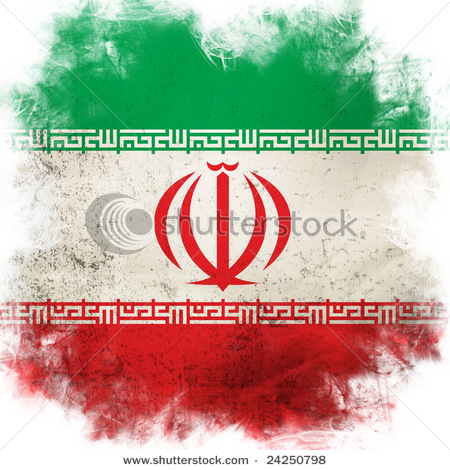See also Iran Snap Analysis: Some People Were Selected for the Parliament --- Does It Matter?
The Latest from Iran (5 May): The Threat of Inflation
 1630 GMT: Political Prisoner Watch. Journalist Meysam Mohamadi has been sentenced to four years in prison and a five-year ban from print or online journalism.
1630 GMT: Political Prisoner Watch. Journalist Meysam Mohamadi has been sentenced to four years in prison and a five-year ban from print or online journalism.
The same punishment has been handed down to journalist Omid Mohades.
1543 GMT: Parliament v. President. Najmeh Bozorgmehr of The Financial Times reports that the Majlis, in its first post-election session, has challenged the Government with two complaints to the judiciary, one over “incurring irreparable damages” to the country’s economy by violating foreign exchange laws “at a time the country faces numerous sanctions” over its nuclear policies.
Bozorgmehr also notes that the Supreme Court has approved a death sentence for Majid Jamali Fashi, who was convicted in a closed-doors trial of the murder of nuclear scientist Massoud Aliohammadi, in January 2010.
The regime has accused Jamali Fashi, a former kickboxing champion who reportedly beat up protesters after the 2009 Presidential election (see EA feature), with collaborating with Israeli intelligence services.
1407 GMT: Parliament v. President. Parliament's Integration Committee has challenged the Government's second phase of subsidy cuts.
"The Majlis may agree to raise energy prices to some extent, but far less than the administration has requested," the Committee said. It approved 56 trillion Toman (about $45 billion at official rates) for the cuts --- the Government had requested $95 billion.
1400 GMT: Espionage Watch. Minister of Intelligence Heydar Moslehi has announced that "a number of terrorists" involved in the assassinations of Iranian nuclear scientists have been arrested.
Moslehi did not give further details.
1350 GMT: Health Watch. The reformist newspaper Shargh reports that Iran is facing "worrying levels" of drug shortages for the treatment of 30 illnesses, including cancer, heart ailments, breathing problems, and multiple sclerosis. The problem arises from international sanctions implementation of subsidy cuts, and currency fluctuations.
Shargh lists anti-cancer drugs and other medications that are difficult to obtain, including drugs used in chemotherapy such as Fluoroucil and Doxorucibin.
0730 GMT: The Battle for India. Delhi takes centre-stage in the sanctions contest, as both American and Iranian officials try to influence the Indians.
US Secretary of State Hillary Rodham Clinton will lead the US delegation's two-day visit to urge further reductions in Indian imports of Iranian oil.
However, as Clinton arrives today, she will find a 56-member Iranian trade mission already in place, starting their six days of talks.
“The timing of the visit with Mrs. Clinton's arrival is a coincidence,” Anand Seth, a spokesman for the Federation of Indian Export Organisations, insisted. “They're returning our visit. We invited them when we were there (in Iran)."
The timing of the two visits demonstrates the complexity of India's manoeuvres towards Iran and the US. Publicly, Indian officials have said that trade will not be affected by the US-led sanctions, as the Islamic Republic's media proclaims the expansion of ties and Indian purchases of Tehran's oil. Privately, Delhi has reduced those oil imports, replacing them with Saudi supplies, in recent weeks --- Clinton's mission is to seek assurances of even more cuts.
The Secreatary of State's approach will be followed by a visit from Washington's special envoy for global energy issues, Carlos Pasqual.
0700 GMT: A blunt start to today's Live Coverage, after the task of digging out information on Friday's Parliamentary elections and the frustration of watching international media simplify and mis-handle the outcome. We offer an analysis, "Some People Were Selected for the Parliament --- Does It Matter?"